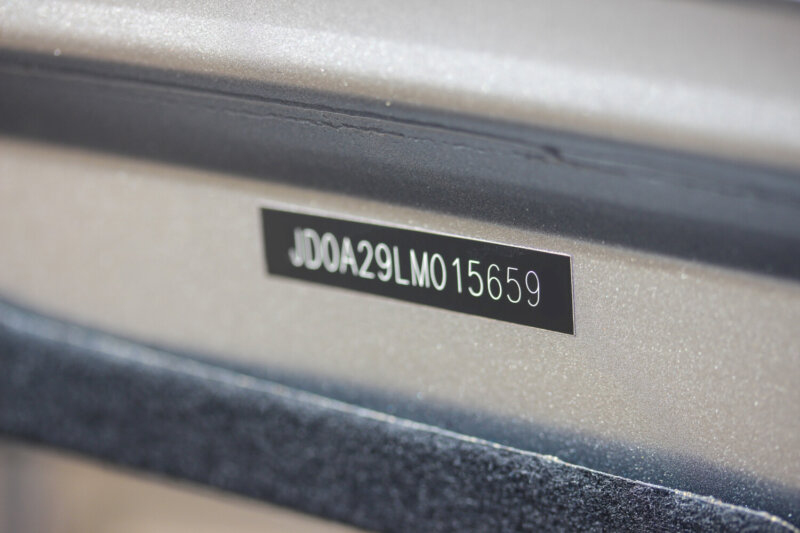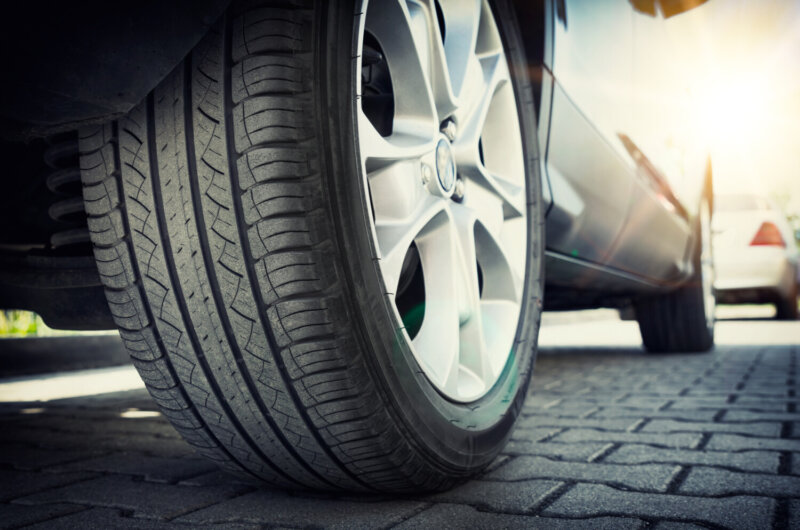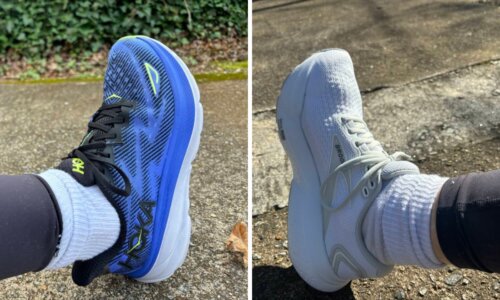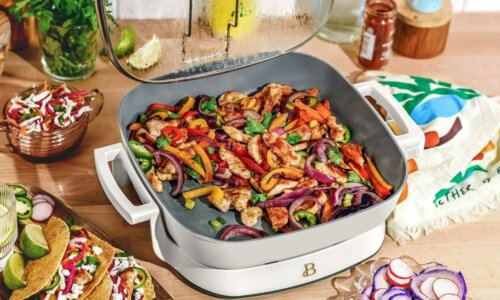Are all car salespeople pushy and deceitful? No way!
But their job is to sell as many cars as possible while extracting as much of your money as possible. So you can count on them to offer plenty of pricey extras that will drive up the cost.
Some of these augmentations aren’t really necessary. Or they have huge markups and may be much more expensive than they’d be if you bought them elsewhere.
In some cases, the dealer might have outfitted the car with these extras before you even laid eyes on it. However, in that case, experts say you should try to stand your ground.
“If you didn’t ask for an add-on, you don’t have to pay for it, even if the car already has it,” says Gabe Shenhar, associate director at Consumer Reports’ Auto Test Center.
MORE: 11 easy ways you can save money on gas
In real life that’s not always necessarily going to work and you may have to consider looking at another vehicle or walking away from the dealership altogether. But definitely be ready to say no to the extras that a dealership offers after the fact, like the below:
Environmental Protection Packages
These packages tend to include add-ons like rustproofing and paint sealing. According to Car and Driver, both rustproofing and paint sealing are generally done by the manufacturer, and you don’t need a second coat of either.
And according to U.S. News and World Report, while these plans often offer warranties to fix scratched paint, they also contain lots of exclusions that limit their usefulness when needed.
VIN Etching
Your salesperson may warn you that auto theft is a real and growing problem. And they’d be right: Car thefts have risen by over 25% since 2019. In 2022 alone, a total of 1,001,967 vehicles were stolen.
Next, they’ll tell you there’s a step you can take to protect yourself, and that’s engraving your vehicle identification number into the windows. This will help police to track down your stolen car. But this engraving typically costs between $200 and $300, according to Consumer Reports. And that site also says that it’s completely unnecessary. Manufacturers already stamp VINs in several spots on your car — like under the hood and in the doorjambs.
MORE: 9 tricks car detailers use to get your vehicle squeaky clean
Extended Warranty Coverage
This also might be called a “vehicle protection plan,” and it hypothetically covers the costs of repairs after the manufacturer’s warranty ends. But U.S. News and World Report cautions that these plans are full of limitations and exclusions that are buried in the fine print of the contract.
For example, it may only cover costs if you use the dealership’s repair shop. Or you may still have a huge deductible, or have to go through a tedious insurance claim process. And buying the extended warranty from the dealer is often the most expensive option, costing you thousands of dollars.
Nitrogen-Filled Tires
No one likes to deal with low tire pressure and those irritating trips to the gas station to refill the air. So dealership salespeople offer an extra that they say will mitigate the need to do that: They’ll fill your tires with nitrogen and explain that this makes them less susceptible to the fluctuations in temperature that lead to air pressure changes. This can cost up to $400 extra.
But Ryan Pszczolkowski, manager of Consumer Reports’ tire program, advises against this add-on. He explains that regular air has plenty of nitrogen already. These special tires will lose pressure over time just like typical tires.
Rear-Seat Entertainment Systems
Adding those screens in the back seat to keep kids entertained can cost another $2,000. But before you spring for this expense, ask yourself if your kids already have a phone or iPad. Chances are, they would rather use their own personal screens, anyway. And they can take those screens with them and continue using them wherever they go.
In this day and age, consider whether a rear-seat entertainment system may be superfluous. If so, then there’s $2,000 you can knock off the price of your new car. You’re welcome!











